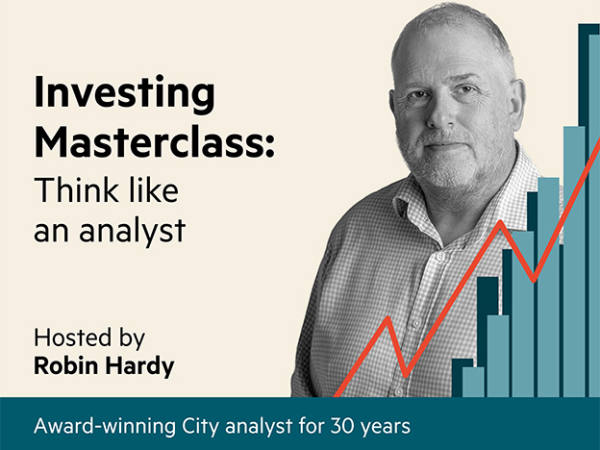If Aunt Matilda is despairing about what to get you for Christmas, relief is at hand. My selection of 10 books published this year (which will be spread over this week's and next week's columns), should contain something for every reader. First place goes to the 2004 edition of The Intelligent Investor by Benjamin Graham. This is a book about investment principles and investors' attitudes, which everyone other than the purest of short-termists should read. As I am short of space, I will simply refer you to Warren Buffett's endorsement: "By far the best book on investing ever written", and to my review of this book (investors chronicle, 2 April).
The City is a book title, but it is also a genre, in which the author guides his reader through the City's institutions and practices. I have read at least half a dozen books with this title, although never one better than the first I came across - a 1960s account by Paul Ferris, which got right inside all the key City institutions, and made me want to work there. It is still superbly readable and, if you want a dose of nostalgia, is readily available at abebooks.co.uk. The latest The City is by Richard Roberts, and published under The Economist's imprint. Compared with Mr Ferris, he's short on dramatic flair, but for an up-to-date 300-page guide to every City subject - from clearing houses to types of pension fund mandate by way of the Flaming Ferraris - with plenty of tables of figures, you won't do better.
Emanuel Derman's My Life as a Quant has a lot more dramatic flair and character study than its title might lead you to expect. Called to the 29th floor office of Fischer Black (as in the Black-Scholes option pricing model) at Goldman Sachs, Mr Derman discovers "a consummately unsentimental realist", with a "stubborn and meticulous devotion to clarity and simplicity", extending to an abhorrence of fatuous precision, including trailing zeros (12.0 instead of 12). The book is a full autobiography. He starts off as an ambitious theoretical particle physicist but, by page 90 and age 39, realises he will not make the top cut in his chosen field. So he takes the "passage from the civil groves of academe to the harsh engine rooms of capitalism" - a process described in 3-D. The remaining 150 pages describe Mr Derman's subsequent career, including a brutal year out of Goldman at Salomon, and the theories he tested and sharpened. These sections are serious, but never too heavy - in approximately equal proportions. I found this an easy and educational read.
I think Mr Derman would approve of my next recommendation, which is Benoit Mandelbrot's The (mis)Behaviour of Markets. Mr Mandelbrot is a mathematician, who spent the greater part of his career in an IBM research laboratory. There, he invented fractal geometry which (even!) you will have encountered, in the form of those amazing repeating patterns associated with chaos theory. They're called the Mandelbrot Set, and have also been reproduced on millions of t-shirts. It turns out that Mr Mandelbrot has had a lifelong fascination with financial markets, and here is his take on them, in the form of a survey of modern financial theories followed by a denunciation of them. This is not a biography. It is an exposition of a theory - an incomplete one. Its basic thesis - that modern theories (especially Black & Scholes) assign unrealistically low probabilities to extreme price movements - has recently recruited many disciples, but Mr Mandelbrot first started pushing this line 10 years before anyone had heard of Black & Scholes. It contains not a single equation. I found it a delight to read.
The investment section's Christmas best-seller will surely be Investing with Anthony Bolton by Jonathan Davis. This first book-length analysis of the man who is virtually the UK's very own Warren Buffett, appeared this week on the 25th anniversary of the launch of Mr Bolton's Fidelity Special Situations Fund. The book is a bit of an oddball, comprising four sections commencing with an outsider's summary by Mr Davis and a 30-page section by Mr Bolton himself, including: "The Secret of Picking Stocks" and "The lessons I have learnt", for example "Avoid dodgy managements at all costs". Then, comes an exhaustive quantitative analysis of the performance of the fund, including the low points - which is not only interesting in itself, but a useful primer on performance measurement if it's a subject with which you are unfamiliar. Section four tries to explain Mr Bolton's success, using the insight of his colleagues. I would sum these up as hard work, insight, modesty and self-confidence.
Alistair Blair, a past winner of the Business Writer of the Year Award, has worked in investment banking and fund management. He edits the growth shares newsletter, Small Cap Shares (www.smallcapshares.co.uk). E-mail: a7461blair@pobox.com www.investorschronicle.co.uk/nofreelunch






